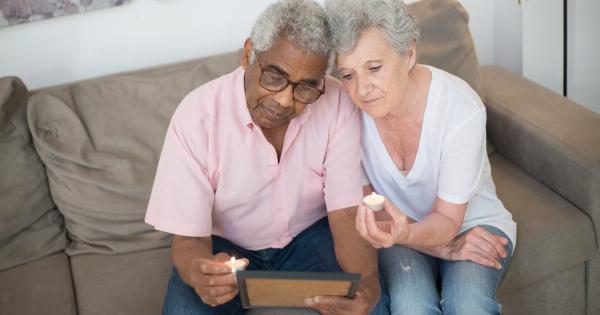The loss of a loved one can be one of the most difficult experiences a person can face, particularly when it involves a missing loved one.
Not knowing their whereabouts or what has happened to them can lead to immense stress and anxiety, particularly for women. This article will explore the long-term impact of missing persons on women, including the risk of PTSD.
What is PTSD?
Post-traumatic stress disorder (PTSD) is a mental health condition that can develop following a traumatic event.
It often occurs in individuals who have experienced or witnessed a life-threatening or traumatic event, such as combat, physical assault, or a natural disaster. PTSD can cause a range of symptoms, including flashbacks, nightmares, severe anxiety, and avoidance behaviors.
The Connection between Missing Persons and PTSD
When someone goes missing, their loved ones are often left with a sense of uncertainty and helplessness. They may spend months or even years searching for their loved one, unsure whether they are alive or dead.
This prolonged state of distress can take a significant toll on an individual’s mental health, particularly for women who are more likely to develop PTSD following a traumatic event.
Why Are Women More at Risk?
Research has shown that women are more likely than men to develop PTSD following a traumatic event. One reason for this is biological: women tend to have a more reactive stress response than men, which can make them more susceptible to developing PTSD.
Additionally, women are often more likely to experience a greater degree of distress and to seek out social support, which can either protect against or increase the risk of developing PTSD.
The Symptoms of PTSD in Women
The symptoms of PTSD can vary from person to person, but common symptoms include:.
- Flashbacks
- Nightmares
- Severe anxiety or panic attacks
- Difficulty sleeping
- Avoidance behaviors
- Increased irritability or anger
- Feelings of guilt or shame
- Loss of interest in activities once enjoyed
- Difficulty concentrating
- Feeling detached from others
How Can Women Cope with the Loss of a Missing Person?
The prolonged stress and uncertainty of missing persons can take a significant toll on an individual’s mental health, particularly for women.
However, there are a number of strategies that women can use to help cope with the loss of a missing person:.
- Seek support from family and friends
- Find a support group for individuals who have experienced a similar loss
- Seek professional counseling or therapy
- Get regular exercise and maintain a healthy diet
- Practice relaxation techniques such as meditation or deep breathing exercises
- Consider participating in activities that bring joy or a sense of accomplishment
Conclusion
The loss of a missing person can have a profound impact on an individual’s mental health, particularly for women who are more susceptible to developing PTSD.
It is important for women to seek out support from family, friends, and mental health professionals, as well as to engage in self-care practices that promote positive mental health. By doing so, women can minimize the risk of developing PTSD and improve their overall well-being.

























